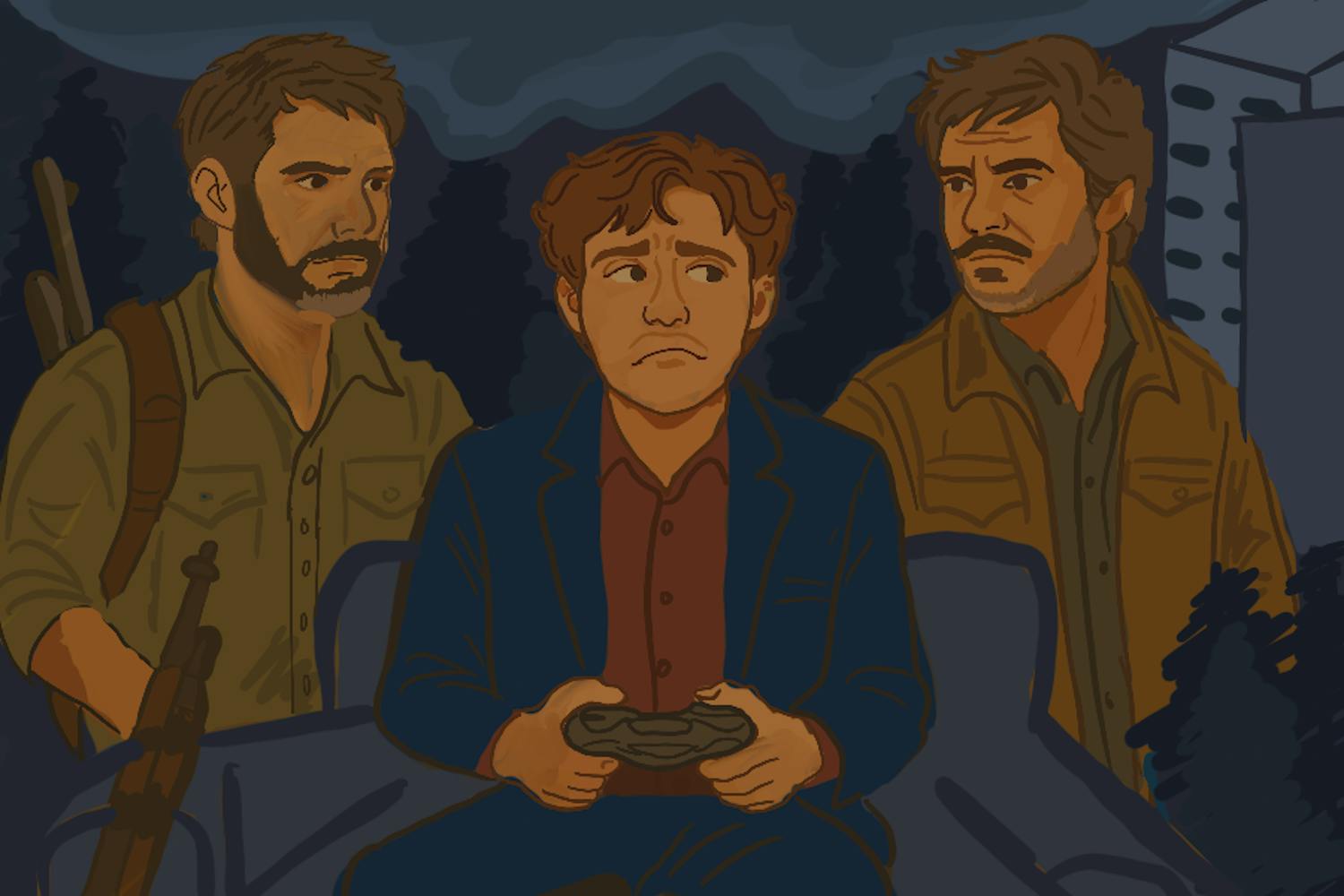In the U.S. box office all-time top ten, three of the films are superhero flicks. Two of those were released this year alone, “The Avengers” and “The Dark Knight Rises.” “The Avengers” was re-released Labor Day, after already grossing over $1 billion worldwide.
Actor Tom Hiddleston, in The Guardian, defended the superhero genre as uniquely suited for our postmodern era, offering “a shared, faithless, modern mythology.” Director David Cronenberg, when asked by NextMovie, dismissed the genre to “Batman running around in a stupid cape” and “adolescent in its core.”
We are a culture so superhero-obsessed, Rotten Tomatoes had to disable comments for "The Dark Knight Rises" after a series of heated exchanges.
Why do we need Loki to tell us it’s okay to love “The Avengers”? Why might some of us be offended by Cronenberg’s dismissal?
Perhaps it is because superheroes combine abstract values with human failings and absolute virtues with earthly vices. They are literal personifications of moral struggles, and we vote for those morals with our wallets. Some of us prefer our superheroes old-fashioned, like the Avengers. Others believe in the grey areas of morality, questioning how superheroes would fit into a seedy urban underbelly, evidenced in Batman.
We can argue about whether superheroes should be fun or dark, explosive or contemplative, and never agree, but how we choose to spend our money signals a collective agreement.
It’s not enough to know that “The Dark Knight Rises” was made with passion and high creativity. It has to make money, lots of money, more money than “The Avengers” or “The Dark Knight,” — enough money to legitimize our love of superheroes. When a superhero movie brings in billions of dollars, our beliefs are validated and we feel justified in worshipping our superheroes and the ideals they stand for.
This superhero discussion and its cycle of legitimization signals a collective mindset, but it isn’t whether Iron Man is somehow more intrinsically compelling than Batman. When we see our love of superheroes legitimized, we see our own ideals legitimized. We are a postmodern society thirsting for meaning. When we find something that fulfills our search for meaning, we defend it and any attack on it feels like attacks on the ideals we believe in. You didn’t like Batman? You must not like what Batman stands for.
It is more than Batman running around in a cape. The superhero phenomenon symbolizes a cultural longing for those values to be universally accepted. We don’t have real superheroes, but their box office success or failure is our real-world equivalent. We can be challenged with tough scenarios in other films, but the most basic concepts of justice and freedom are affirmed above all that sticky stuff when “The Dark Knight Rises” ascends the top ten.
It’s crucial to be challenged and stretched by art, but we can learn just as much about ourselves by examining why we think superheroes have to win, in the story and at the box office: when the movie wins, we feel like the good guys win. And there’s nothing stupid about that.
Reach the columnist at emdrown@asu.edu or on Twitter @EMDrown.



